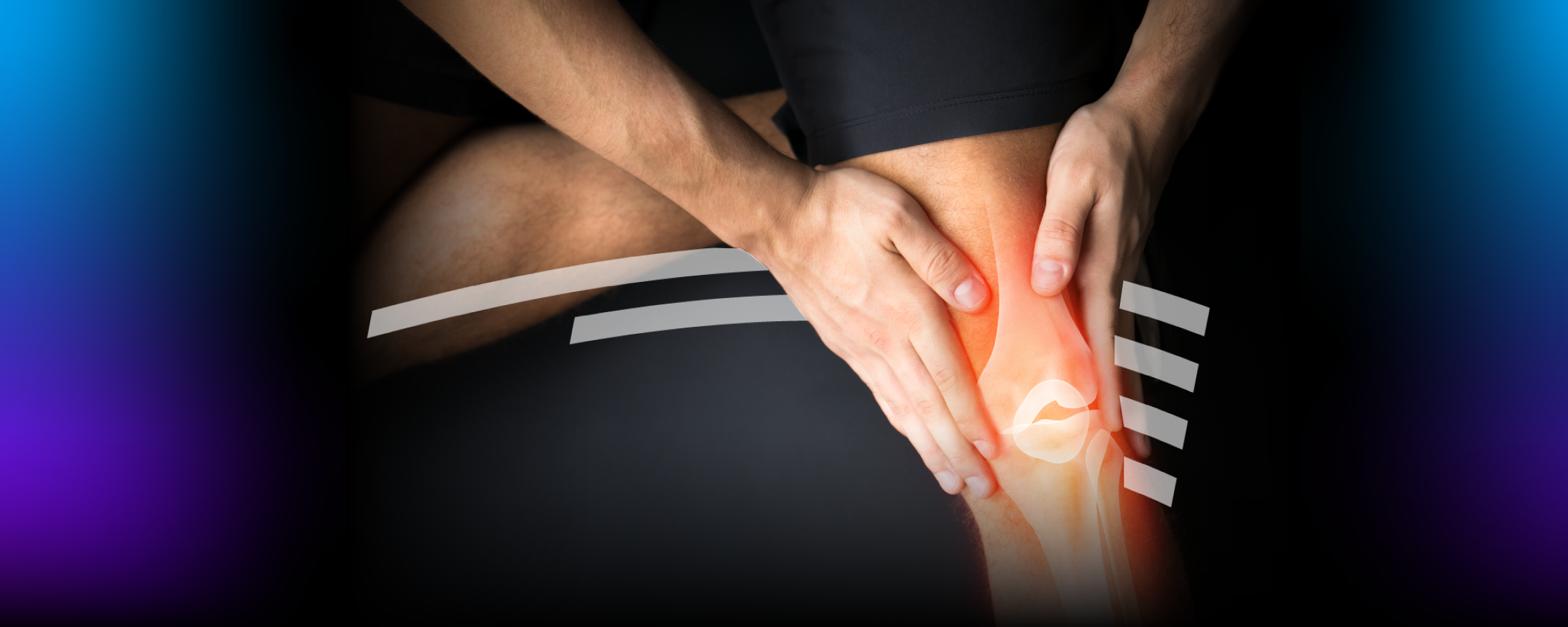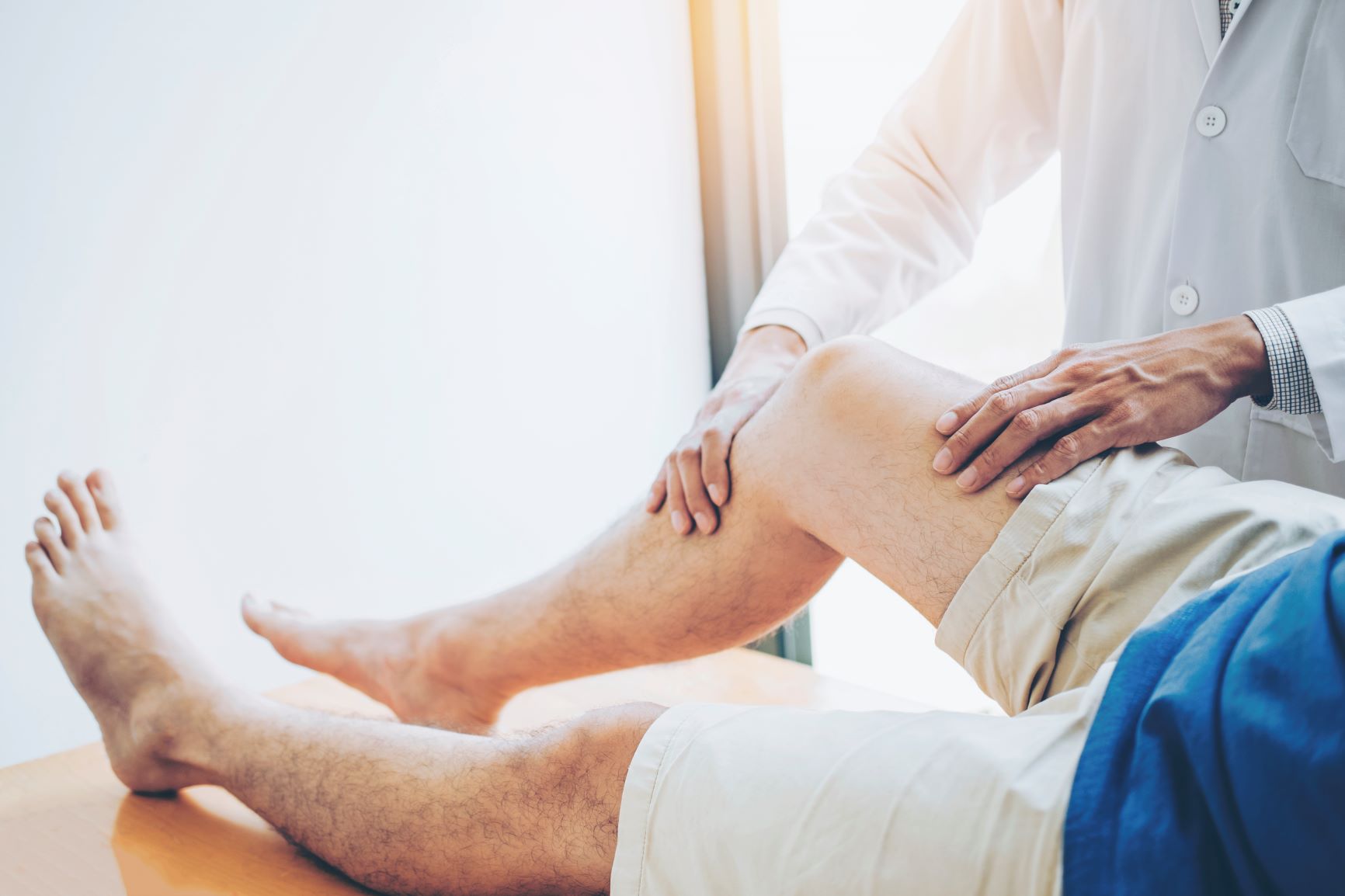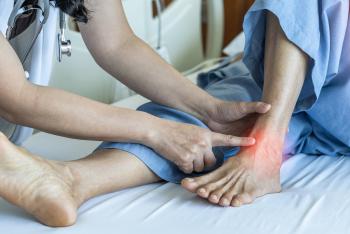Tarsal tunnel syndrome occurs when the tibial nerve becomes compressed near the ankle, leading to...
Read More
Your hips and knees bear most of your weight every day, and their functioning is essential for walking, staying active and completing daily activities of living.
The most common causes of hip and knee pain are overuse, improper form during exercise, injury, and kneeling or sitting in a constrained position for a prolonged period. In some cases, hip and knee pain can be caused by an underlying disorder of the bone or joints, such as osteoporosis or arthritis.
Our orthopedic specialists provide treatments for a wide range of hip and knee conditions, including:
Hip and knee conditions have a variety of symptoms that can be different for each person. If you find that pain in your hip or knee disrupts your normal lifestyle—whether completing daily tasks or enjoying physical activities and sports—you should see an orthopedic specialist for evaluation. Other symptoms associated with hip and knee conditions include:
Orthopedic specialists can diagnose hip and knee pain with a series of diagnostic tests, including a physical exam, X-ray, computerized tomography (CT), magnetic resonance imaging (MRI), movement evaluations, and lab tests.

Treatment options for hip and knee pain depend on your specific symptoms and diagnosis.

For mild pain, your doctor may recommend over-the-counter or prescription anti-inflammatory/pain medications or suggest pain relieving and anti-inflammatory injections.

Your orthopedic specialist may also refer you to a physical therapist for mobility exercises and strength training that can help relieve your pain and prevent further injury.

For intense, long-lasting, or chronic pain, surgery may be necessary to repair or replace the hip or knee.
At Inspira, we focus on multidisciplinary care that treats the whole person, not just your condition. Whether you’re facing an acute injury or a chronic diagnosis, our orthopedic specialists can help you manage and find relief for your hip and knee pain. Our providers are experienced in advanced treatments including robotic-assisted techniques and minimally invasive surgeries, so you can get back to normal life faster.
While your specific condition can only be diagnosed by your health care provider, having pain in multiple joints may mean you have an underlying condition such as osteoarthritis—a type of arthritis that happens when the cartilage that cushions your joints starts to wear down.
If your pain is affecting your daily life, it’s time to visit your doctor. You should go to a hospital immediately if you experience a serious fall or injury, if you’re badly bruised or bleeding, or if you are unable to move or bear weight on your hip and knee joints.
Pain levels differ for everybody, but generally speaking, patients have less pain during recovery from a hip replacement. A knee replacement can swell and feel stiff for a short period but will result in almost-immediate relief from the arthritic pain you may have experienced before surgery.

Tarsal tunnel syndrome occurs when the tibial nerve becomes compressed near the ankle, leading to...
Read More
If you've been dealing with shoulder pain that just won’t quit or keeps getting worse, you’re not...
Read More
Neck pain is a common issue that can disrupt your daily life, but knowing when to manage it at home...
Read More